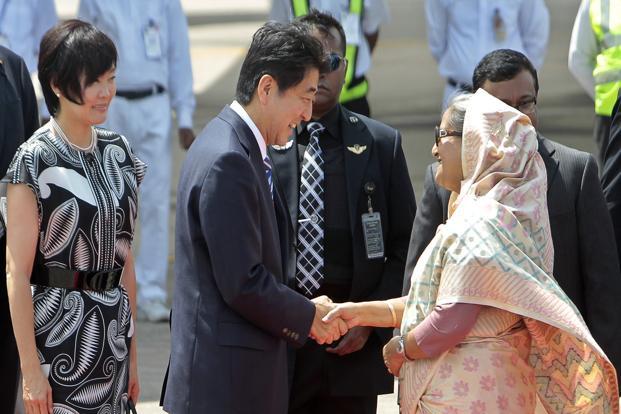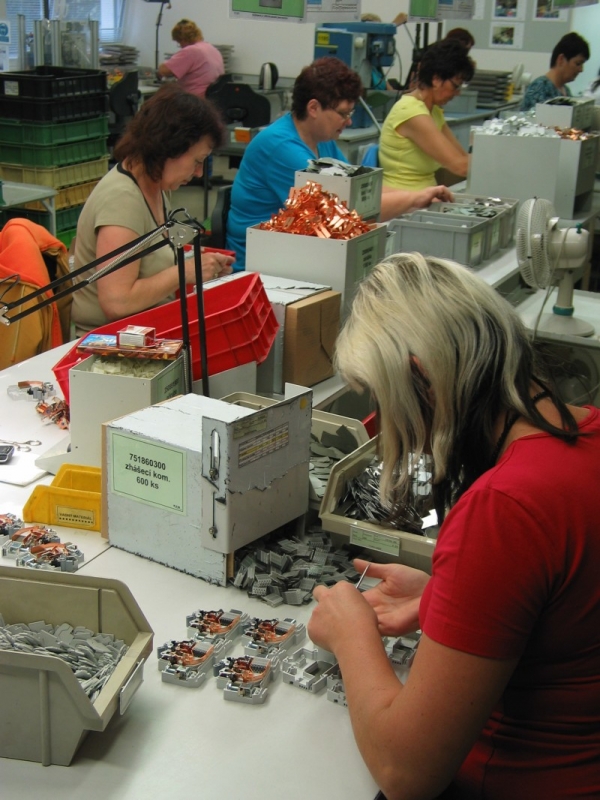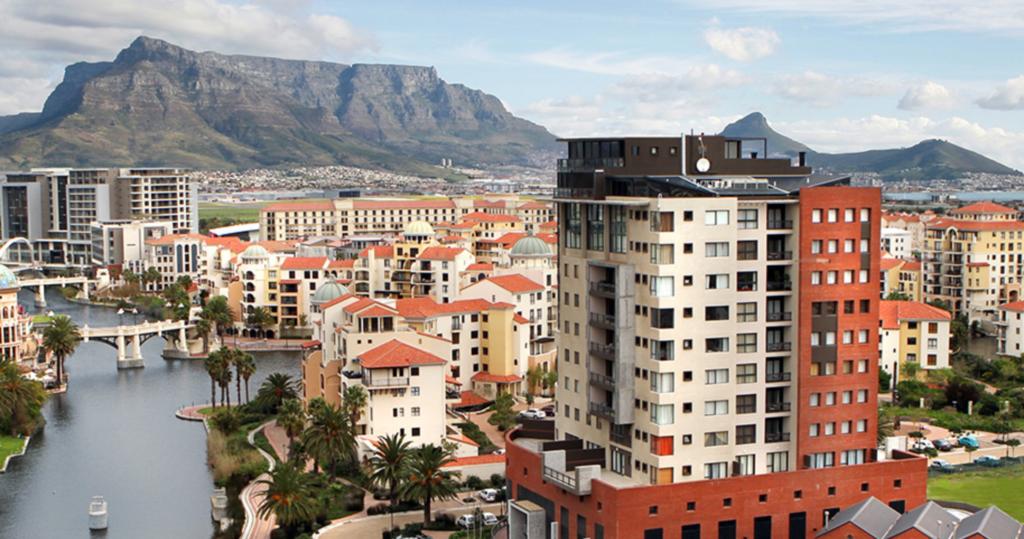Private commercial banks are dominating the country’s international trade as around 74 percent export in 2018 took place through them.
On the other hand, only 7 percent export was done through the state-owned banks and the remaining 19 percent through foreign commercial banks, according to a study of Bangladesh Institute of Bank Management (BIBM).
In 2011, the study report said, 71 percent export was through the private commercial banks while 18 percent through the state-owned commercial banks and the rest through foreign commercial banks.
The research report was presentedyesterday at a daylong review workshop at the BIBM in the city, said a press release.
The workshop was organized simultaneously at BIBM auditorium in Dhaka and Bangladesh Bank (BB) Sylhet office (through video conferencing).
BIBM Executive Committee Chairman and BB Deputy Governor SM Moniruzzaman was present at the workshop as the chief guest while Executive Director of the central bank Sylhet Office Syed Tariquzzaman, former Dhaka University Professor Barkat-e-Khuda and BIBM supernumerary professors Md Yasin Ali and Helal Ahmed Chowdhury spoke, among others, at the workshop.
BB Executive Director and BIBM Director General M Abdur Rahim chaired the program.
BIBM Professor and Director (Training) Dr Shah M Ahsan Habib presented the research paper titled “Trade Services Operations of Banks”.
The study identified the problem areas as well as success factors in trade services and operations of banks in Bangladesh.
Considering the concerning issues of trade based money laundering, compliance requirements, and other financial crimes, SM Moniruzzaman said, BB has strengthened requirements to enhance the trade quality.
“Our policies are now developing according to market needs and risks. The ‘New Guideline for Foreign Exchange Transaction’ has already been published,” he added.
He said integration between supervisors and the schedule bankers made the policies more operationally effective.
With this view, he said, Foreign Exchange Policy Department (FEPD) has established an AD forum with the trade heads in the scheduled banks.
Moreover, enforcement of online reporting and monitoring system by the Bangladesh Bank has brought positive changes in terms of decline in irregularities by banks and improvement in data accuracy, he added.
Senior bank executives, academicians, media representatives, faculty members, officers of BIBM participated in the review workshop.
source:http://www.dailyindustry.news/74pc-export-pvt-banks-2018/










